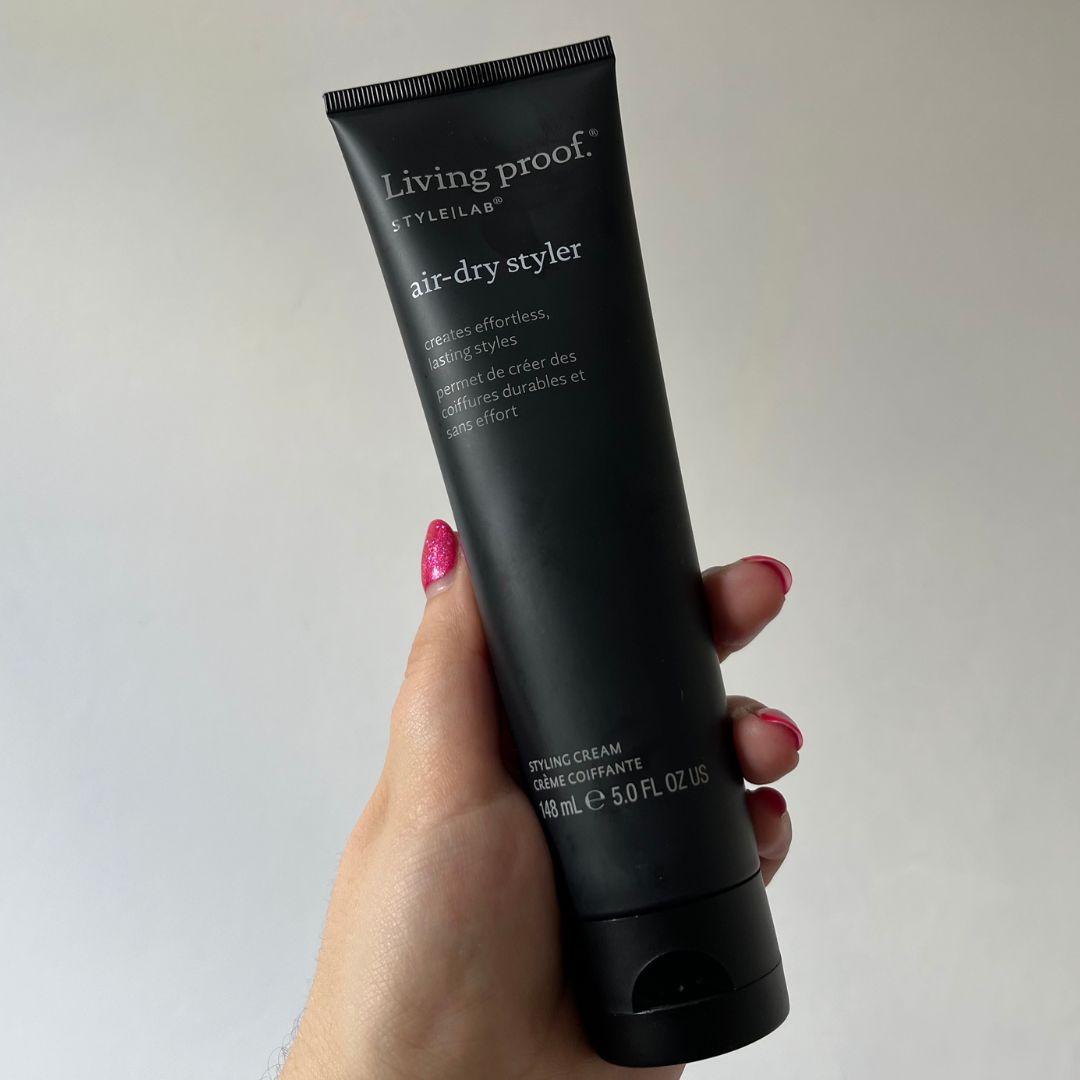Here's how you can combat restless leg syndrome
We need to talk about it


We need to talk about it
If restless leg syndrome sounds like something only excited kids before Christmas experience, think again. It's a real thing - and it can seriously affect your sleep, as well as your general life. But what exactly is it and how can you treat it? Here's everything you need to know...
Restless leg syndrome causes
‘Restless Legs Syndrome (RLS) can arise in certain medical conditions such as Parkinson’s disease, fibromyalgia, under active thyroid and kidney disease. However, it can also affect people who don’t suffer from these conditions,' says Silentnight's sleep expert Dr Nerina Ramlakhan.
In such cases , it can be caused by a deficiency of magnesium so taking a good magnesium supplement at bedtime can really help.'
And, natural health company BetterYou, explain that as many as 1 in 10 people are affected by RLS at some point in their life and 1 in 4 people diagnosed with RLS experience sleep disturbance, so, yeah, we should talk about it.
Restless leg syndrome symptoms
According to a case study by BetterYou, symptoms include 'crawling sensations, painful leg cramps and the irresistible urge to move your legs.' And it seems that women are twice as likely to develop it than men (according to NHS Choices). It's also more common in women of middle age and around one in five women develop it while pregnant or after childbirth. And, in younger patients, it can sometimes be misdiagnosed as growing pains.
Restless leg syndrome treatment
'I’ve noticed RLS with those who find it hard to relax and wind down so learning how to do this might help to alleviate symptoms,' explains Dr Nerina Ramlakhan. 'Minimising caffeine after 3pm and cutting back on technology in the evening can also help as both tend to cause overstimulation of the nervous system leading to restlessness at night.’
Marie Claire Newsletter
Celebrity news, beauty, fashion advice, and fascinating features, delivered straight to your inbox!
But, the biggest cure?
Magnesium
Improving your magnesium intake can have a significant impact on your RLS. Think, magnesium flakes in your bath, a magnesium spray and magnesium lotion as magnesium is best absorbed through the skin. Magnesium encourages your body to be more supple because it's a mineral that every organ in your body needs. It affects enzyme production and has an impact on energy levels so it's good for combatting migraines, fatigue and even anxiety and depression.
If you are concerned about your sleep patterns, you should consult your GP.
-
 Jonathan Anderson is going to Dior Men
Jonathan Anderson is going to Dior MenHis debut collection will be this June
By Mischa Anouk Smith
-
 I'm a 2025 bride and these are the best affordable wedding dresses I've found
I'm a 2025 bride and these are the best affordable wedding dresses I've foundLess than £1,000 but still the height of chic
By Sofia Piza
-
 I haven't worn my hair completely natural for years, but this air-dry styling cream has made me love my waves again
I haven't worn my hair completely natural for years, but this air-dry styling cream has made me love my waves againI will never be without this
By Amelia Yeomans